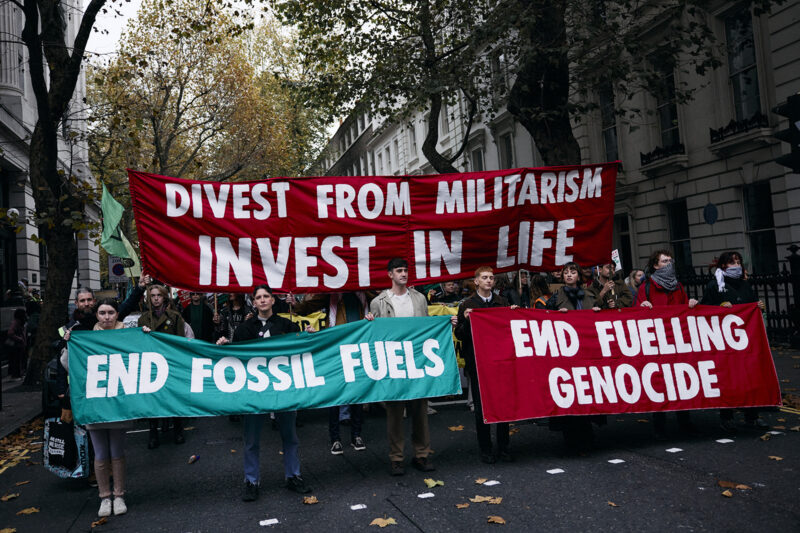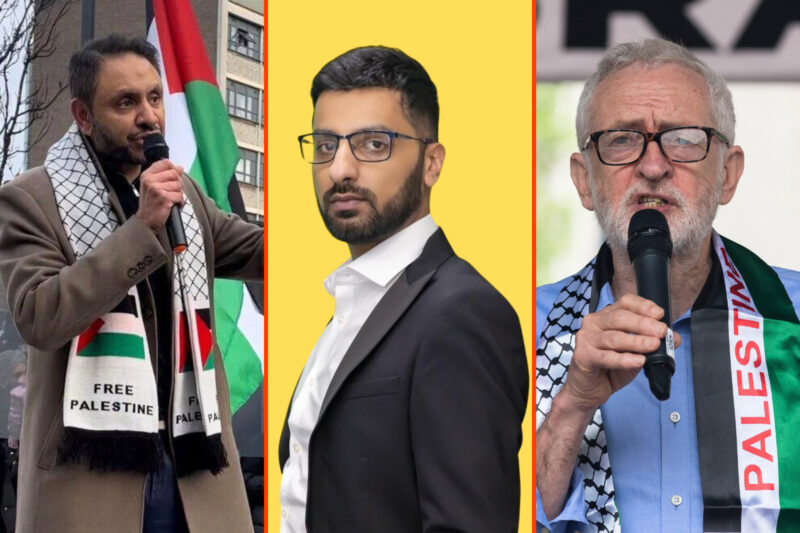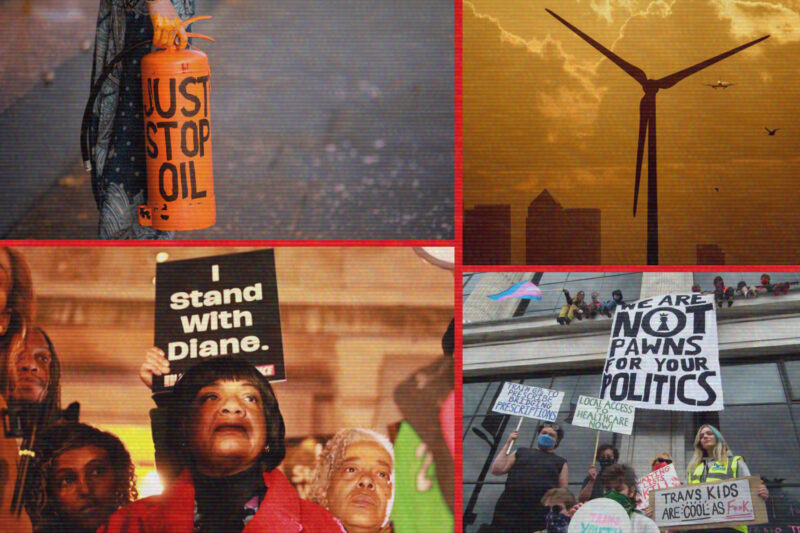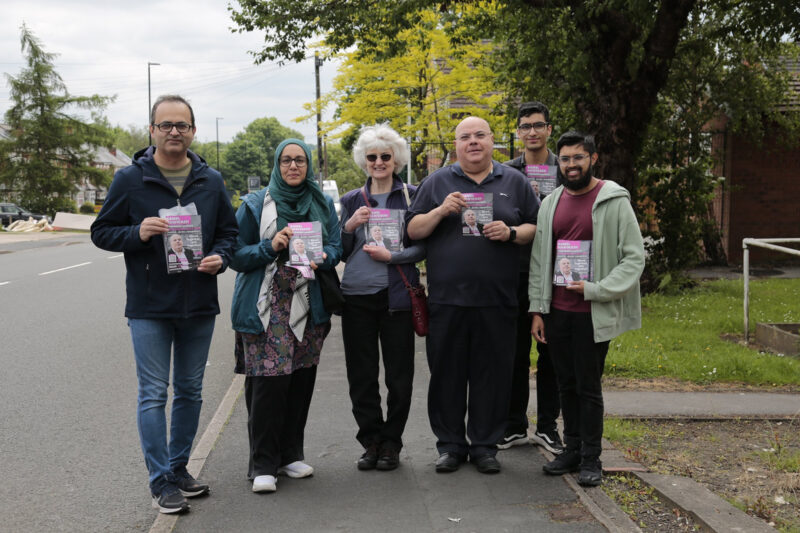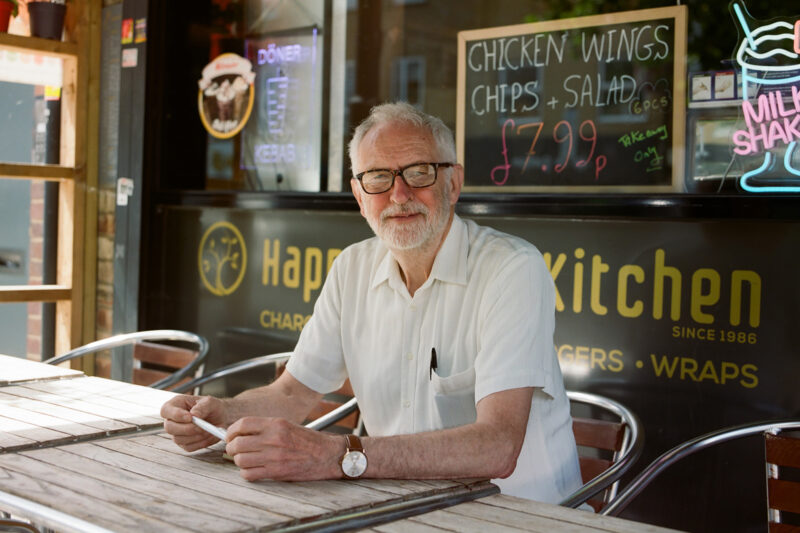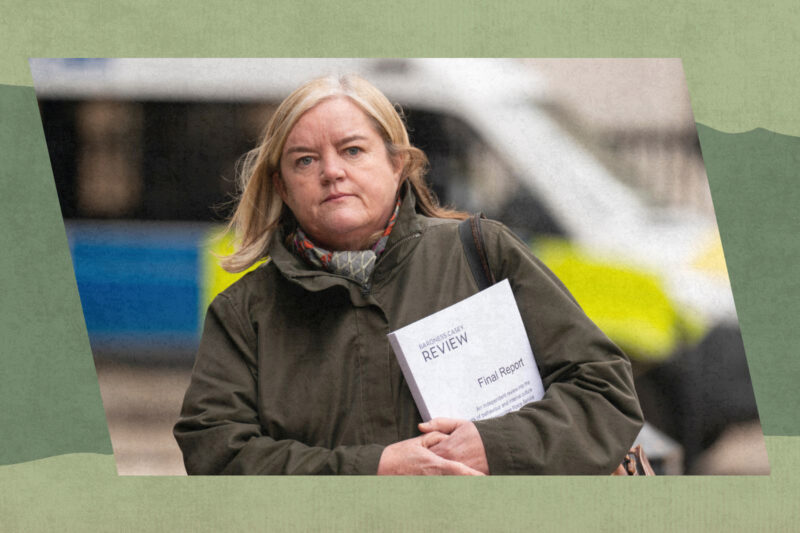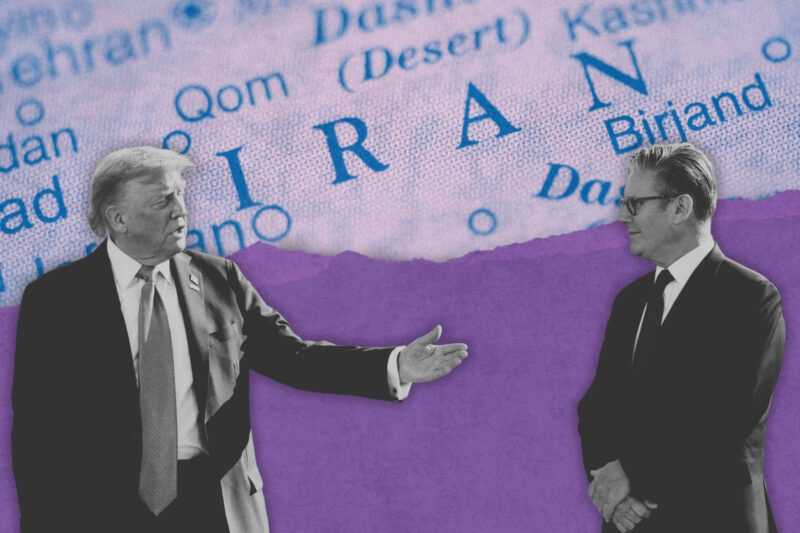Gaza is not a Muslim-only issue — it is the uniting moral question of our time
While last week’s local elections showed that many Muslims have broken from Labour, it is wrong to present the war in terms of religious identity
–
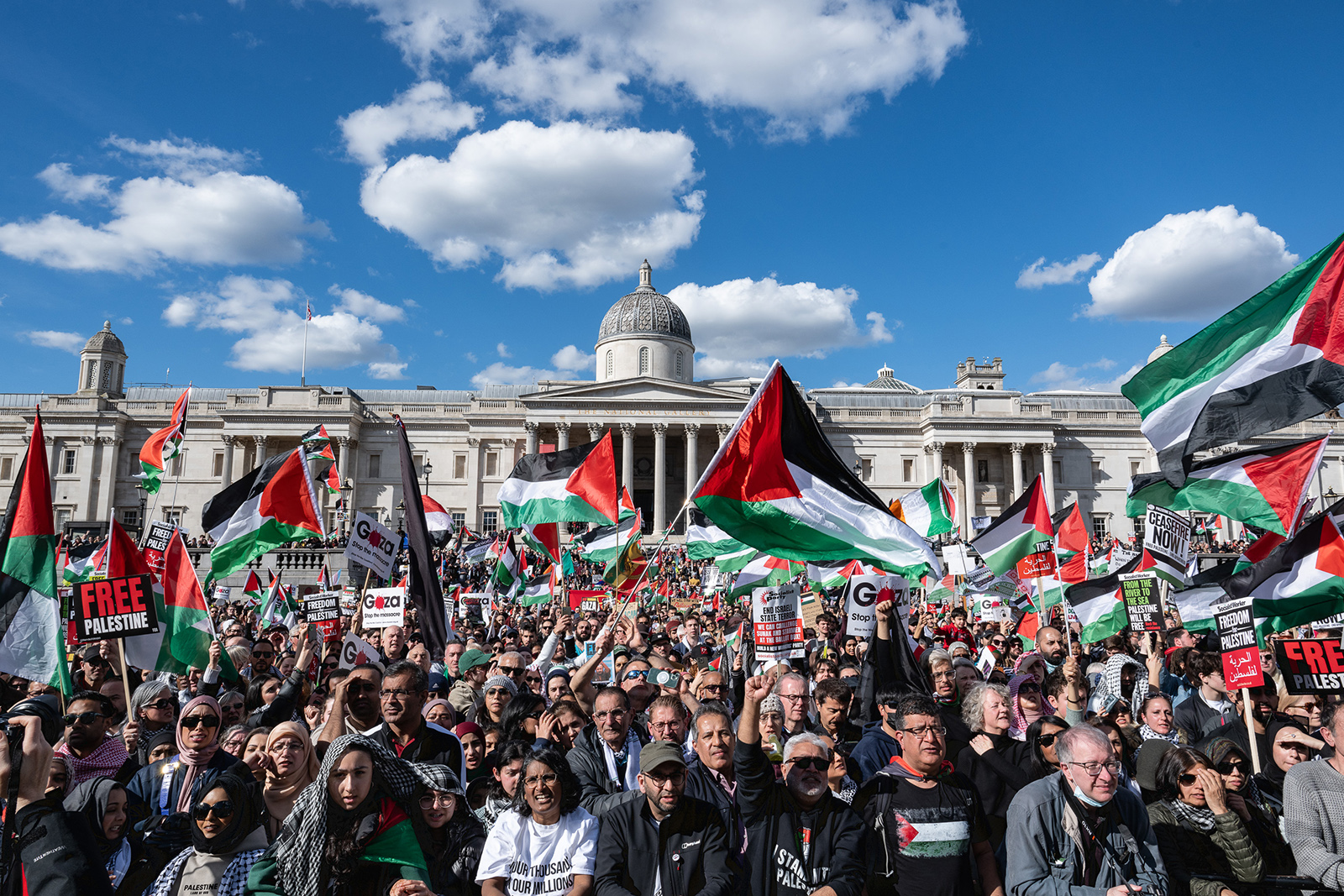
Many Muslim voters abandoned Labour at the ballot box in last Thursday’s local and mayoral elections, as predicted. In 58 local council wards where more than one in five residents identify as Muslim, Labour’s share of the vote was 21% lower than in 2021.
It goes without saying that the ongoing genocide in Gaza has been the driving force behind the change in British Muslim voting habits. Groups like The Muslim Vote have for months now been mobilising the Muslim community to back independents and punish mainstream political parties over their stance on Gaza — particularly Labour, which has historically relied upon the Muslim vote and whose leader supported the withdrawing of food and fuel to Gaza last October. For many Muslim former Labour supporters like myself, a vote for the party has become morally impossible, and they know it.
However, much of the framing of this issue has rather missed the point — and perhaps deliberately so. Gaza is not solely a Muslim issue. While sensationalist media reporting might have you believe that it is only Muslims with more loyalty to the Middle East than their own constituency who voted with Gaza at the forefront of their mind, evidence suggests that the British public largely dissents from the support given to Israel by our political elite. In October 2023, 76% of the British public said there should ‘definitely’ or ‘probably’ be an immediate ceasefire in Gaza, and sympathy for Palestinians has only grown as the onslaught has heightened. In February, just 13% of Britons thought Israel should continue military action in Gaza, according to YouGov polling. While in the US, the majority of people now oppose Israel’s assault, with the disapproval rating rising to 55% from 45% in November.
Anyone who has been to a pro-ceasefire protest in recent months will attest to the sheer diversity of the attendees. They are far from the exclusively Muslim, antisemitic, Islamist “hate marches” that rightwing media and politicians have sought to portray. It is not only disingenuous but also offensive to portray Gaza as a fringe, Muslim-only concern. Anyone who cares about justice and human rights, or is disgusted by our own government’s sanctioning of these atrocities, cares about Gaza.
To portray Gaza as a Muslim problem rather than the uniting moral question of our time exposes how little our political elite thinks of a British public with a track record for mobilising in their millions against similar affronts — like the Iraq war. Then, like now, these anti-war marches included people from all sections of society, joined by a common desire for peace and an end to aggressive foreign policy.
Most insidious of all is the fact that portraying Gaza as a Muslim-only issue means that it can be dismissed as the concern of extremists acting in direct opposition to British interests.
Consider comments by former government advisor, James Price, on BBC Radio 5 Live as votes were being counted on Friday, that “it goes into assimilation that we’ve got people who feel more of a pull to a religion or different part of the world than Britain”. Given that Muslims are so often accused of failing to assimilate, it seems ironic that utilising the democratic processes available to us as British citizens is considered extreme or unpatriotic just because the outcomes don’t serve the establishment.
Some commentary since Thursday has portrayed Muslim voters as outside agents tampering with British elections and inflicting foreign demands on local communities. A comment from an unnamed Labour source last week claimed: “It’s the Middle East, not West Midlands, that will have won Andy Street the mayoralty. Once again Hamas are the real villains”, as though to imply that voters disillusioned with Labour are not only exclusively Muslims, but foreigners, terrorists and Islamists, rather than British citizens concerned with justice. We’ve also seen alarmist headlines about the number of “pro-Palestine” candidates that have been elected in Muslim areas, as though only those in mythical “no-go zones” care about Gaza.
Muslims are used to the accusation that our allegiance lies elsewhere. This rhetoric has long been employed to force us to prove our Britishness by quashing our faith and cultures. It harks back to the “Cricket Test” of the 1990s, when Conservative MP Norman Tebbit suggested that South Asians who support their native countries rather than Britain weren’t sufficiently integrated into British society. This has not occurred in a vacuum. From Rishi Sunak’s ominous reference to pro-Palestine protests as “forces here at home trying to tear us apart” to the prayer ban at Michaela school, which the headteacher defended in the name of Britishness, there is an exerted effort to depict all Muslim expression as inherently extreme — even something as innocuous as voting for a third party in a local election.
Of course, it is politically expedient for politicians to portray Gaza as an Islamist concern, because it allows them to escape accountability. And as the assault on Gaza escalates, and British public support increasingly falls on the side of the Palestinians, distracting the populace with the idea that Muslims with foreign loyalties care more about Middle Eastern politics than the NHS or schools is a convenient scapegoat. In an environment in which using the word “genocide” can cost you your career or university place, or where wearing a Palestine badge to school can get you referred to Prevent, it is little wonder that we are seeing voting on the basis of Gaza conflated with not just Muslim identity, but extremism and anti-Britishness.
From the hundreds of thousands who gather in central London on Saturdays to the student protests at universities across the country, it has never been clearer that Gaza has changed something in us — and not just Muslims. No matter how much our politicians cling to their blanket defence of Israel, the British public are increasingly saying otherwise.
 Newsletter
Newsletter


